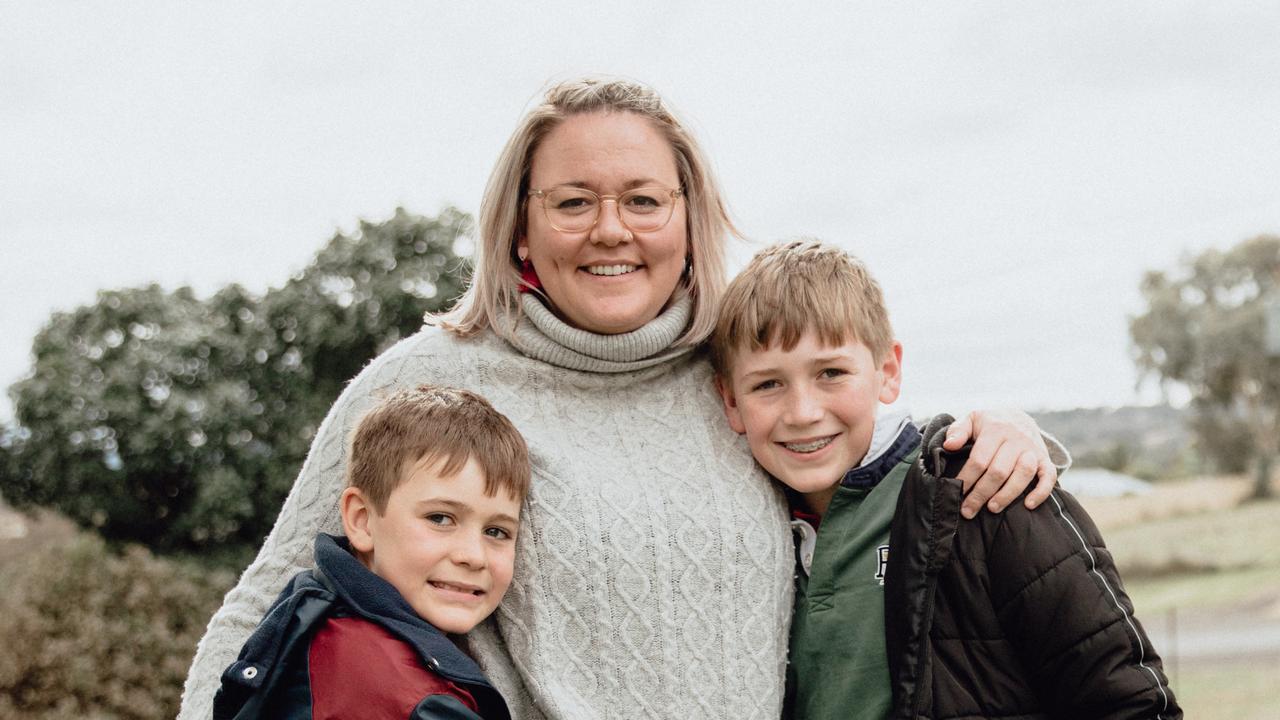
Lizzy is a proud mother of two rambunctious boys who love playing with their friends, kicking the footy and swimming.
It was during COVID-19 lockdowns that she began noticing her kindergarten son struggling with reading and literacy.
When he returned to normal lessons at school he was getting top marks for effort, but his learning difficulties were discouraging him by year 3.
"We had a lot of pushback about attending school and not wanting to be there, but when he was there he was wonderful and his teachers loved him," said Lizzy, a mum from rural NSW who asked not to use her surname.
"Then he'd come home and he'd just completely implode.
"They couldn't see the frustration and pressure because he was masking it during the day."
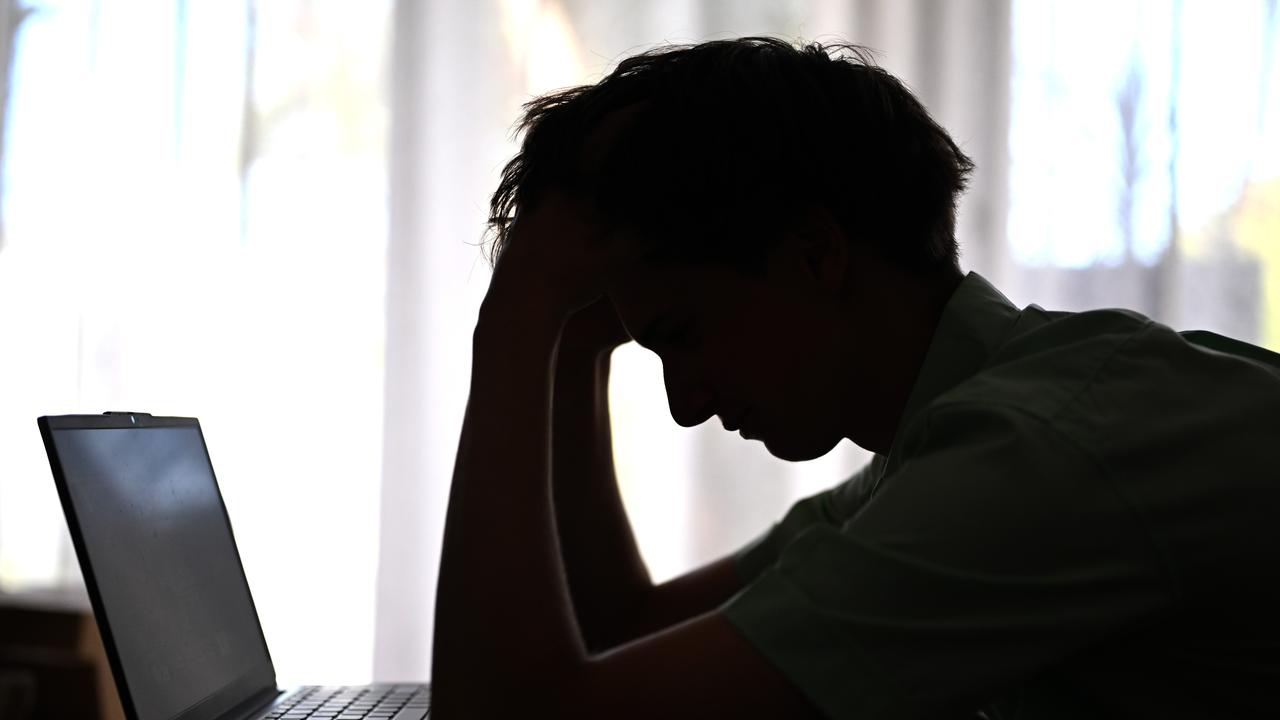
Lizzy's son falls into what rural psychologist Tanya Forster describes as "the missing middle".
These are the often compliant and quiet children whose learning difficulties may go unnoticed in under-resourced public schools, particularly in rural and regional areas.
Their delays also often don't fall into the narrow diagnostic eligibility for further learning support in the education system.
"The pressure on (teachers) in the classroom is really considerable and the way that the school system is designed, it's still quite a traditional model," says Ms Forster, who leads the Macquarie Health Collective in Dubbo.
"Unfortunately, at the moment, it's not necessarily meeting the inclusive needs of modern-day students."
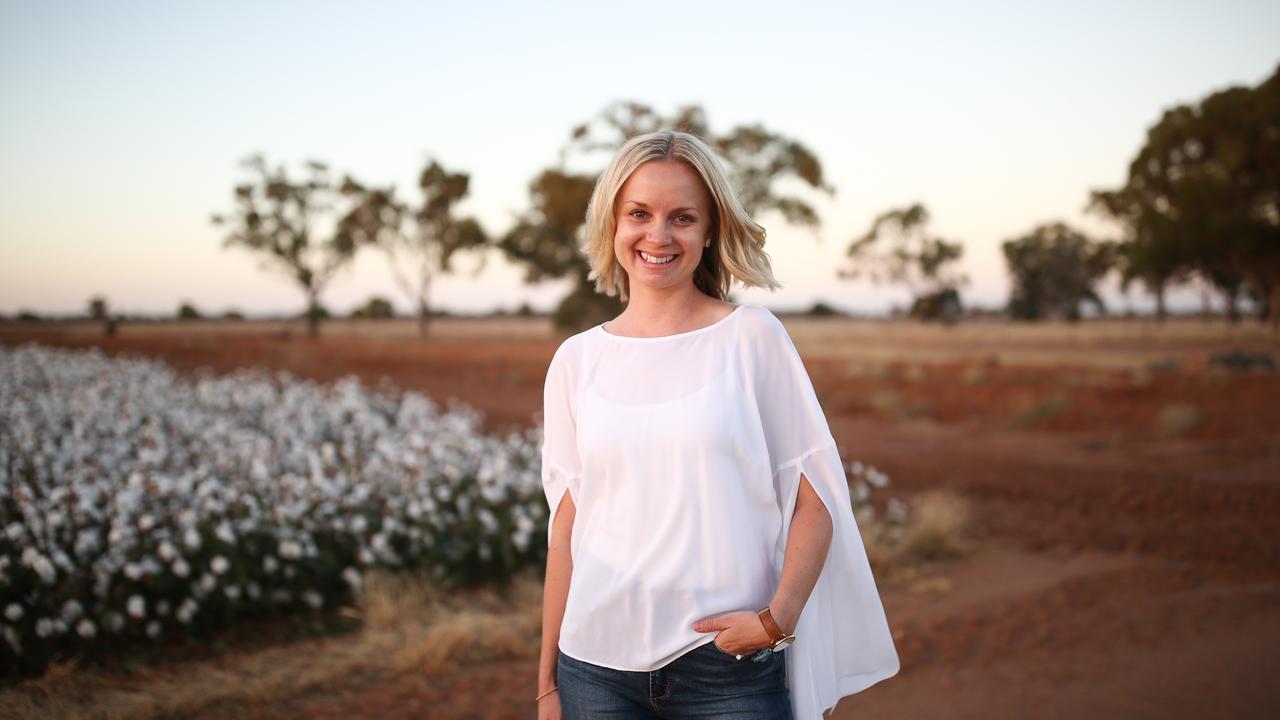
The situation is likely borne out in the recent NAPLAN results, which show one-in-10 Australian students need more help to meet basic education standards.
NAPLAN also confirmed an enduring regional divide with just 20 per cent of students in very remote areas exceeding expectations, compared to 70 per cent of their city peers.
"The results tell us a lot about what we probably already know: that there are lots of kids at school that are struggling," Ms Forster told AAP.
"Unfortunately, many of those kids can't access the support that they really need."
Federal Education Minister Jason Clare says while there are some encouraging signs of improvement in numeracy and literacy, the results show there is more work to do.
All states and territories have signed agreements with the government to fix public school funding, Mr Clare says.
"This funding is tied to real and practical reforms," he said in a statement issued on Wednesday.
"Phonics checks and numeracy checks to identify students who need additional support, and evidence-based teaching and catch-up tutoring to help them keep up and catch up."
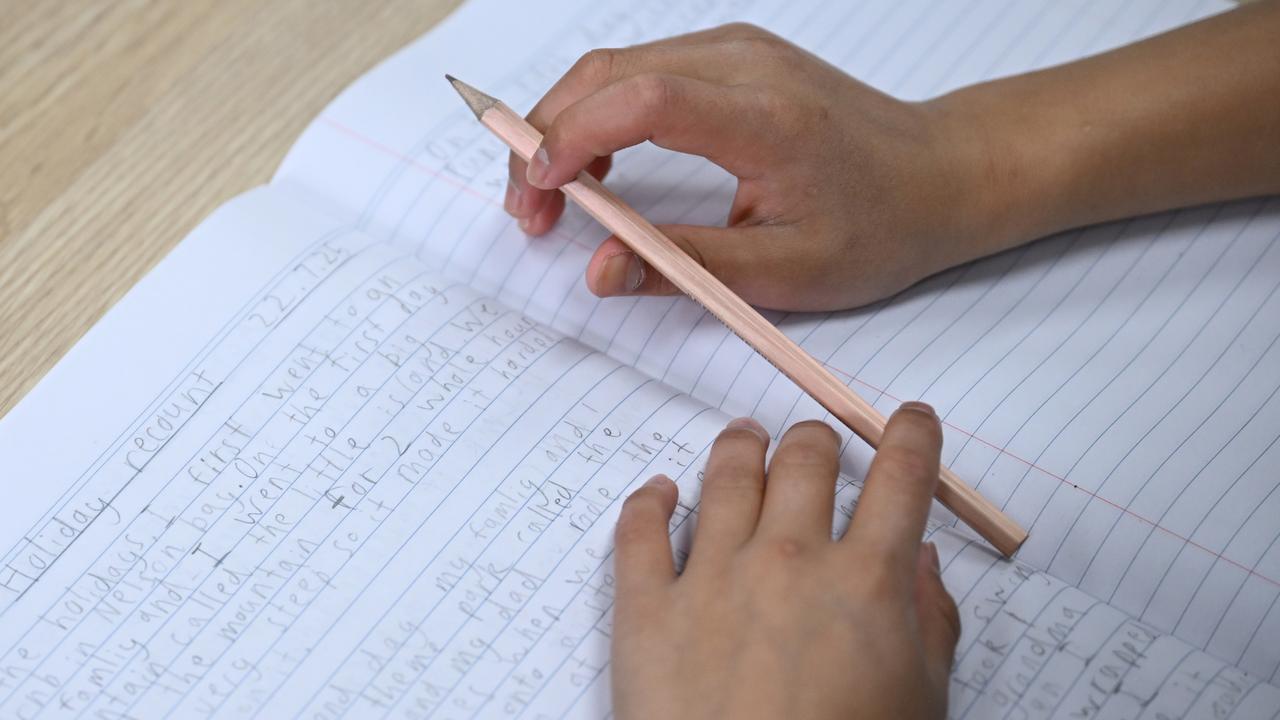
But regional families come up against other deeply entrenched problems, such as poor access to specialist services.
There were 53 specialists per 100,000 people in remote areas in 2022, compared to 160 in the cities, with years-long public waitlists for developmental assessments with pediatricians in the regions.
Disasters such as floods, fires and COVID-19 may have pushed regional kids out of school, with the non-attendance rate at 14.6 per cent compared to the pre-pandemic level of 10.6 per cent, according to a Jobs and Skills Australia report.
The report recommended a suite of changes to re-engage and motivate young people, including linking them with local mentors and employers outside schools.
While health and education reforms slowly work away in the background, former high school teacher Shannon Chapman says families can look at NAPLAN results as an opportunity to explore children's strengths.
"NAPLAN results do not capture valuable skills and knowledge, such as a student's resilience, confidence, their creativity, their leadership," said Ms Chapman, a teaching and learning facilitator at the Dubbo clinic.
"You probably do have this incredibly well-rounded child that may have below the standard NAPLAN results, but that does not capture a lot of skills and knowledge."
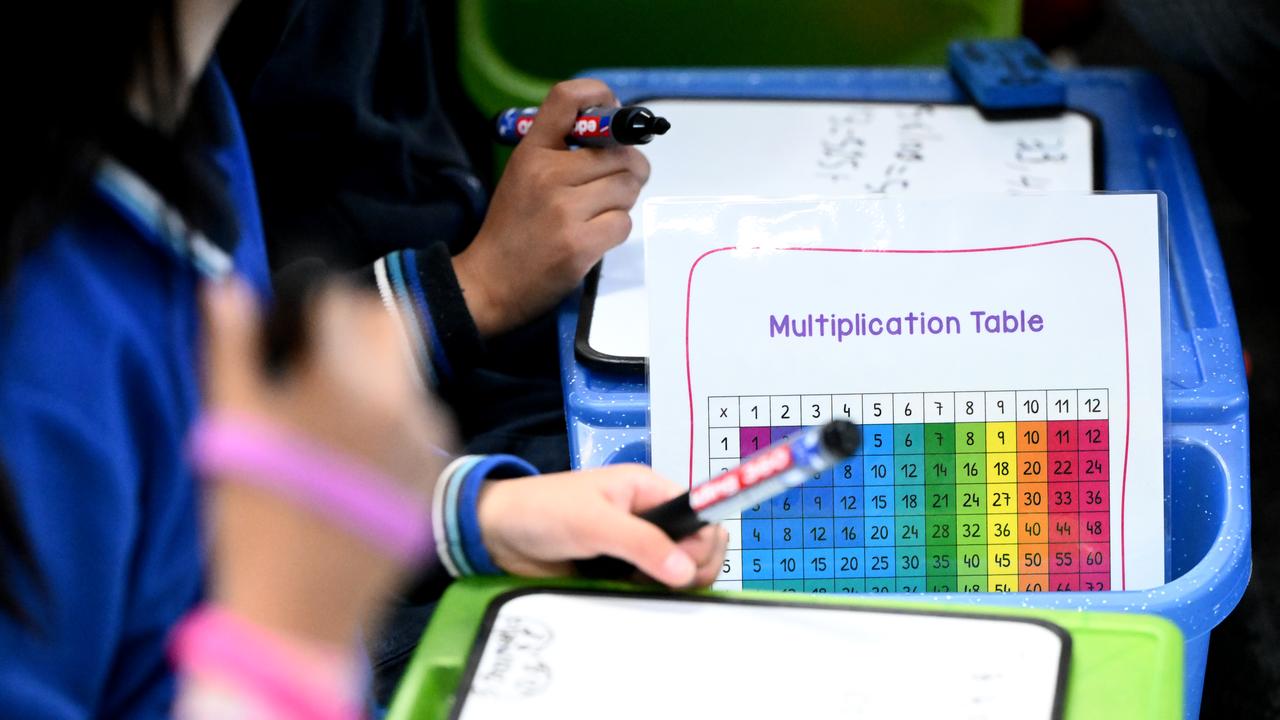
Like many rural parents, Lizzy went to the private health system to receive a formal diagnosis for her son.
That has opened up valuable learning and support programs, sparking a change in her son that's like "night and day".
"I am grateful for the team we were able to eventually access, but I'm more worried about the people that don't have that or it's not accessible," she said.
"You have to fight really hard to get it and to be seen and heard."







